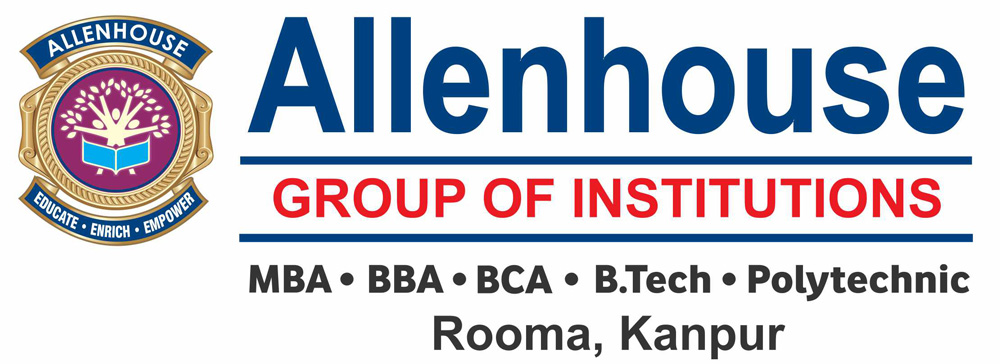The most critical and crucial task while pursuing your MBA is choosing the right specialization. This can be done successfully only if you have clarity of the nature of your job and your career growth path on taking up that specialization. Human Resource Management is one of the most sought for specialization in MBA; however, instead of choosing it for its popularity, it is prudent first to understand what future you can expect after your degree in HRM.
Human Resource Management
Human Resources refer to the human element of the organization. It includes the employees or the workforce that constitutes the organization. A career in management offers varied specializations to aspirants, including finance, marketing, operations, IT, and human resource management. Undoubtedly, Human resources as a specialization stand out uniquely as it deals exclusively with the matters of the ‘human’ aspect of the organization.
Human Resource Management as a career
Starting with Human Resource as a career choice, students often get confused about what they need to do as a human resource specialist. Is it only about recruiting the best workforce, about taking interviews, or is there more to human resource management?
To explain it better, human resource management is about talent acquisition and talent management. It also deals with the interpersonal and legal aspects of the workforce besides recruitment, employee training and development, employee retention and motivation, maintaining labor relations, Industrial relations, compensation and benefits, employee motivation, conflict management, and ensuring execution of these responsibilities as per company policies.
Skills Required for a Human Resource Manager
By looking at the work areas of a human resource manager, one can fairly gauge the skills that would be desirable from candidates wishing to pursue a promising career in human resource management. Naturally, the ability to communicate effectively is the most important of them, as dealing with people involves a lot of verbal and written communication. In addition, this career is suitable for people who have good leadership skills, the competency to plan and execute policies, and those who are constantly motivated and passionate about people-to-people interactions.
Institutes providing Human Resource Management (HRM) as a specialization
An MBA in HRM is an excellent direction to hone the people skills required for excelling in this field. Depending on one’s requirements, one could go for a two-year full-time MBA, one-year executive, or part-time courses. Some premier institutes like Xavier’s Labour Research Institute Jamshedpur, Tata Institute of Social Sciences, Mumbai, Symbiosis Centre for Management and Human Resource Development, Pune are exclusively dedicated and emphasize Human resource management. However, all good management institutes provide HR as a specialization in MBA.
Work Profile of a Human Resource Manager
There are various broad domains where one could work as an HR manager. The generalist profile is about the broad field of HR. Many roles are open for practice, unlike the specialist profile, where one could be involved with only a specific aspect of HR in a company, like talent management, recruitment, performance appraisals, and others. Some companies like Oracle and SAP also hire on profiles of an HR consultant, where one is involved at the strategic level in various HR processes like HR forecasting and the future of HR in the organization.
People with technical backgrounds could be involved in HR technology and analytics where organizations try to automate their HR processes for better efficiency. One could also venture into research and academics and devise new ways of managing people in organizations by going for a Ph.D. in Human Resource Management. Apart from BPOs, corporate, and education sectors, there are also opportunities in the government sector for HR managers. Ministry of Human Resource Development, SBI and other banks, and many Public Sector Units develop the need for HR professionals from time to time.
Career Progression as a Human Resource Specialist
At the entry level, one has to learn new skills and enter the arena as an intern or an HR Assistant. Then, moving up the chain, one could be overseeing many HR Managers as an Executive or Senior Executive. Finally, the prime level includes the HR Director, or the Chief Human Resource Officer, who oversees the whole human resource of an organization and works with different stakeholders inside and outside the organization.
Keeping Pace with the Changing Dynamics of Human Resource Management
The attrition rates have been relatively high in various industries, especially in the post-COVID world. Thus it could be safely assumed that the challenge of budding HR managers is relatively high. Agility in learning is an essential part of an HR manager, and one could increase one’s scope by maintaining the upward learning curve. In this regard, online education comes in handy, and several courses could help enhance ones’ expertise in this field. Some notable ones are the Certified Talent Management Practitioner Program, SAP HR Certification, SHRM Certified Professional, SHRM Senior Certified Professional, Society for Human Resource Management Certification, and various other online courses on popular platforms like Edx, Coursera, and Udemy, etc.






